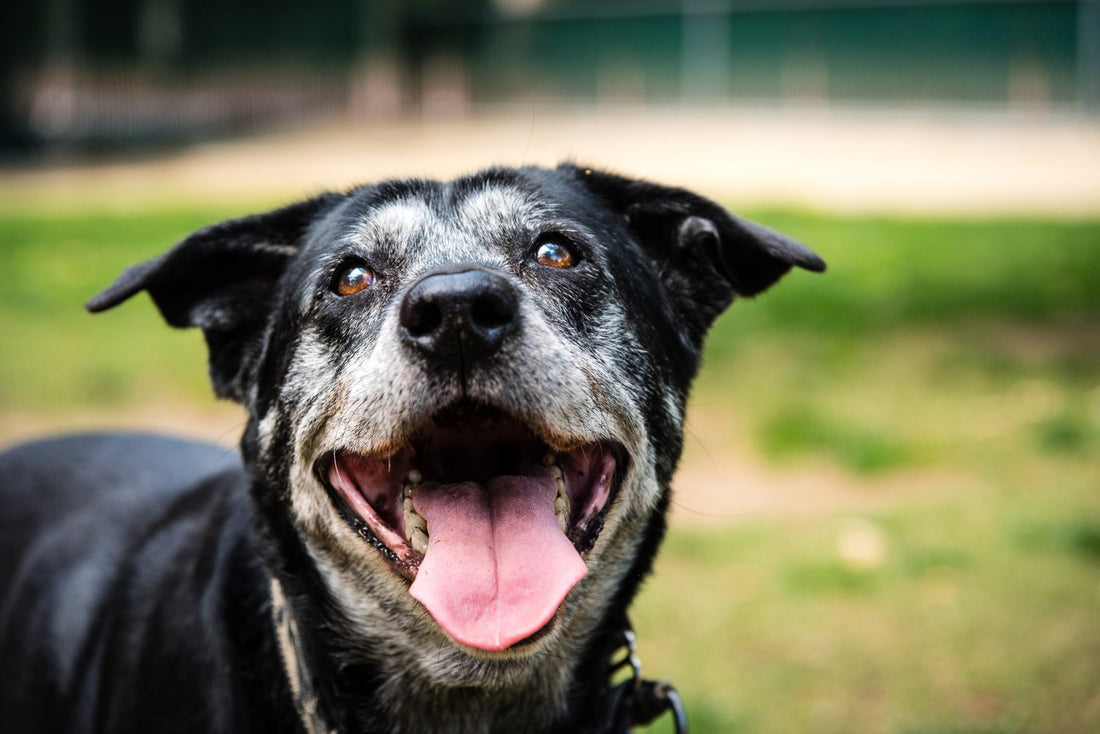
Why Is My Dog Panting at Night?
Share
Table of Contents
- Normal Panting vs. Concerning Panting
- Possible Causes of Nighttime Panting
- How to Help a Dog Who Pants at Night
- When to See the Vet
- Frequently Asked Questions (FAQs)
- Conclusion
1. Normal Panting vs. Concerning Panting
Panting is a natural behavior for dogs to cool down, but certain signs may indicate an issue:
- Panting that starts suddenly and lasts a long time
- Restlessness, whining, or pacing along with panting
- Panting without clear triggers like heat or exercise
2. Possible Causes of Nighttime Panting
🔥 Overheating
Dogs pant to regulate their temperature. A warm room or cozy bedding can cause overheating.
Solution:- Ensure the room is cool and well-ventilated
- Use breathable beds or cooling mats
😟 Anxiety or Stress
Noises, separation anxiety, or environmental changes can cause stress, leading to nighttime panting.
Solution:- Use white noise machines or calming beds
- Consider calming products like sprays or diffusers
- Maintain a consistent nighttime routine
🩹 Pain or Discomfort
Conditions like arthritis or gastrointestinal discomfort can make dogs restless and pant more at night.
Solution:- Consult your vet if you suspect pain
- Consider pain relief or supplements for conditions like arthritis
💨 Respiratory Issues
Conditions like bronchitis or tracheal collapse make breathing difficult, leading to panting.
Solution:- Seek veterinary care
- Avoid overexertion and warm environments
❤️ Heart Disease
Dogs with heart conditions may pant more due to difficulty pumping blood and getting oxygen.
Solution:- Consult your vet for a check-up or medication adjustment
🧠 Cognitive Dysfunction Syndrome (Dog Dementia)
Senior dogs with dementia may pant due to confusion or restlessness.
Solution:- Consult your vet for diagnosis and treatment
- Maintain a consistent routine to reduce confusion
💊 Medication Side Effects
Certain medications like steroids can increase panting as a side effect.
Solution:- Discuss concerns with your vet to adjust dosage or explore alternatives
3. How to Help a Dog Who Pants at Night
- Keep the sleeping area cool and ventilated
- Provide fresh water at all times
- Use a comfortable, breathable dog bed
- Stick to a calming bedtime routine
- Exercise earlier in the day to reduce excess energy
- Try calming sprays or diffusers for anxious dogs
4. When to See the Vet
Consult a veterinarian if your dog’s panting is:
- New or persistent
- Accompanied by symptoms like coughing, lethargy, or appetite loss
- More frequent in senior dogs
5. Frequently Asked Questions (FAQs)
Q: Is it normal for puppies to pant at night?
A: Yes, puppies may pant due to excitement or adjusting to their environment. Ensure they’re comfortable and calm.
Q: Why is my dog panting heavily after light activity?
A: Heavy panting after minimal activity may indicate respiratory or heart issues. Consult your vet if it happens often.
Q: Do older dogs pant more at night?
A: Yes, senior dogs may pant more due to arthritis, cognitive issues, or other health conditions. A vet check-up is recommended.
Q: Can food allergies cause panting?
A: While not directly, allergies causing discomfort may lead to restlessness and panting. Consult your vet for a proper diagnosis.
6. Conclusion
Nighttime panting can stem from overheating, anxiety, or medical issues. Simple changes like cooling the room or using calming products can help, but persistent panting may require a vet’s attention. By observing your dog’s behavior and addressing their needs, you can ensure restful nights for both of you.
